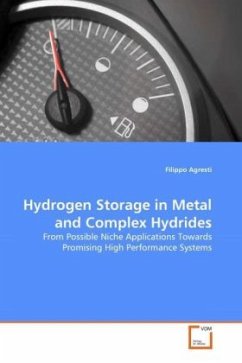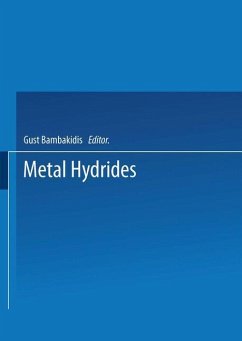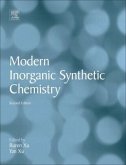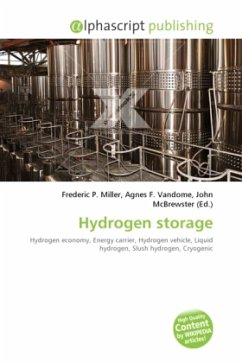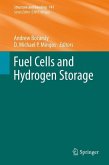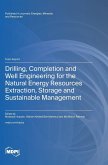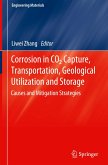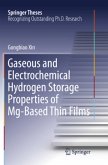A promising alternative to hydrogen storage in high pressure cylinders and cryogenic tanks is the hydrogen storage in solid form as metal hydrides or complex metal hydrides. However, much research is still necessary in this direction. In particular, the optimal pressure and temperature of operation for the use of a hydride-based tank in a PEM fuel cell-powered vehicle should remain in the of 1-10 atm and 25-120 °C, respectively. The further difficulty is related to the weight of the storing materials, which is still too high for efficient mobile applications compared to the amount of stored hydrogen. The work reported in this book deals with systems belonging to several hydride classes such as complex hydrides, interstitial metal hydrides and magnesium-based hydrides. Improvements from the point of view of thermodynamic and kinetic properties are proposed and discussed on systems almost ready for niche applications and on other very promising systems, but still far from hydrogen storage applications.
Bitte wählen Sie Ihr Anliegen aus.
Rechnungen
Retourenschein anfordern
Bestellstatus
Storno

